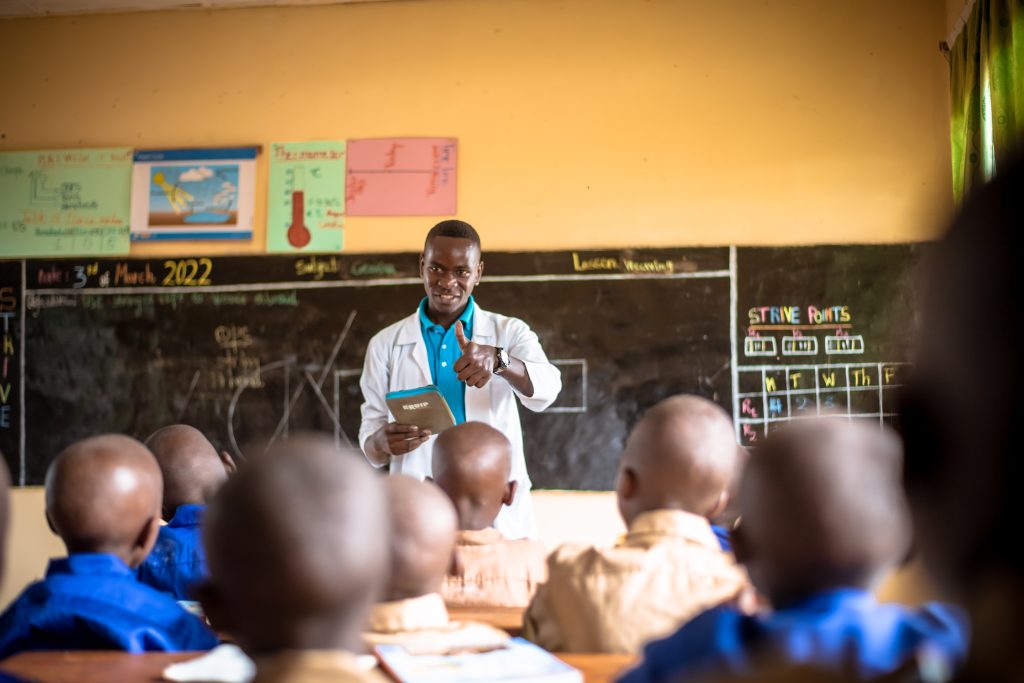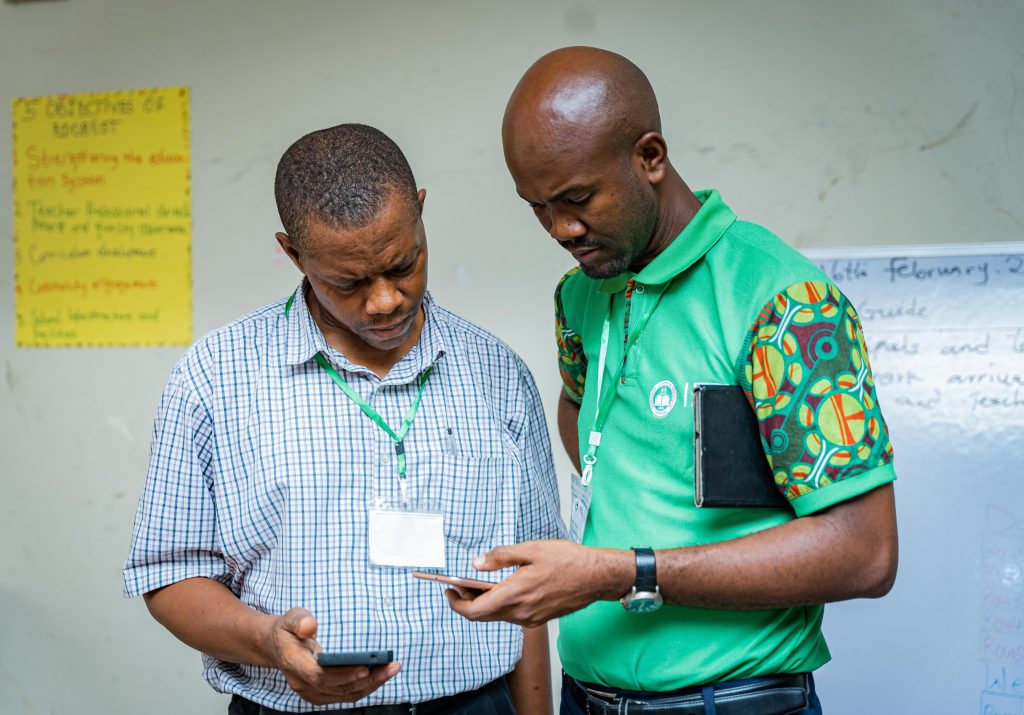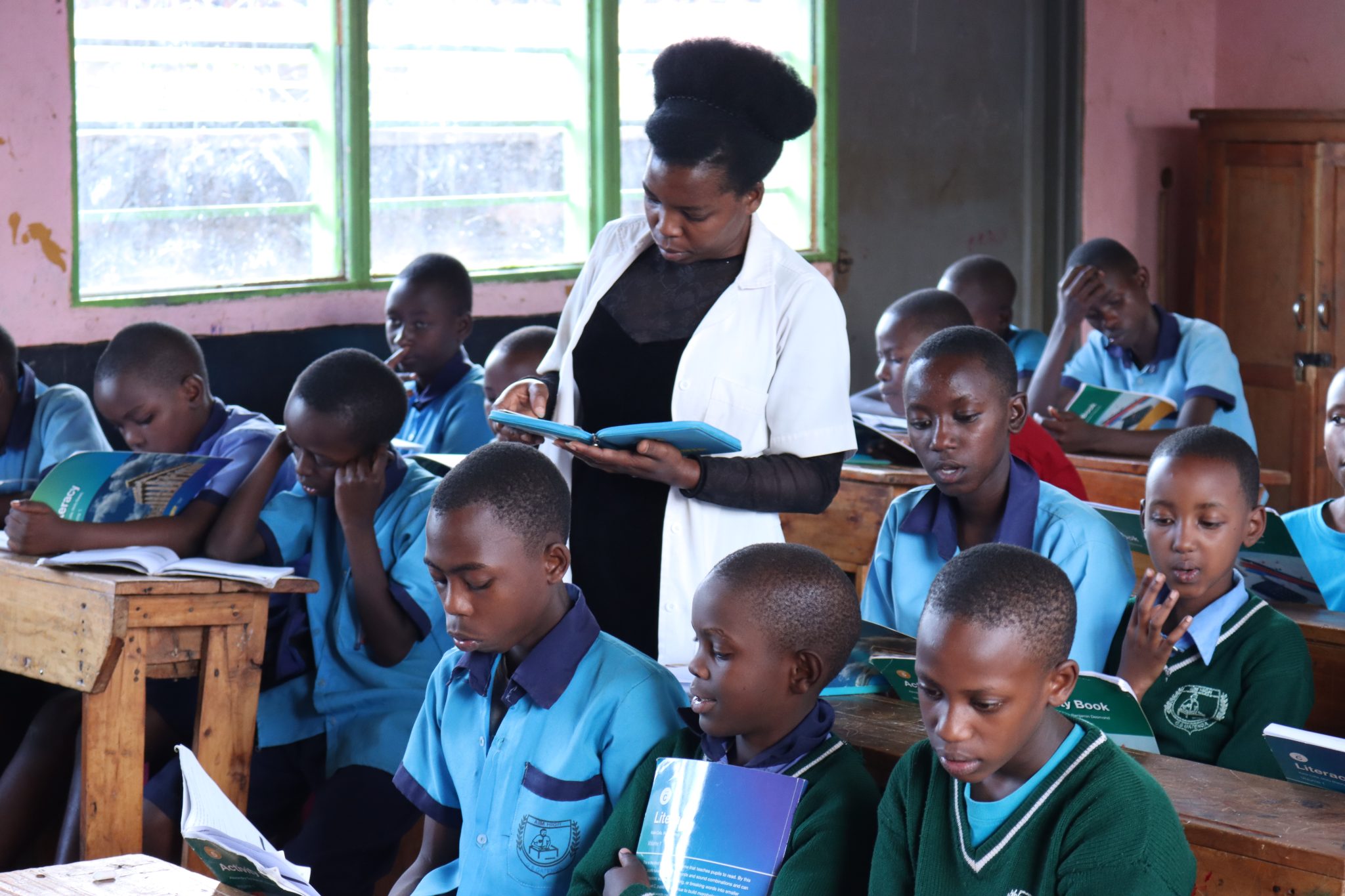Home > The Learning Collaborative
Learning Collaborative
NewGlobe’s Learning Collaborative was founded on a desire to further the science of learning and contribute to the public good. It is composed of leading academics, educators, and institutions, creating a community of learning experts.
Overview
The Process
- The Learning Collaborative sets out to solve the most pressing and challenging problems confronting education systems at scale.
- Once a study has been identified, the Learning Collaborative consults, studies, and reflects, drawing on the advice of field researchers, instructional design teams, existing literature and studies from cognitive scientists and researchers.
- This deeply consultative process leads to a clear articulation and understanding of both the problem and the solution. An evaluation is then designed to evaluate whether the proposed solution actually addresses the problem to be solved; this evaluation is conducted within schools and classrooms of one or more NewGlobe-supported programs. Studies range in longevity from a single term to a full academic year.
- Following the conclusion of the study and analysis of the outcomes, the approach which generated the largest learning gains for students is deployed across the NewGlobe network and made available to the wider academic and practitioner communities through the publication of findings.
Can learning be measured by phone? Evidence from Kenya
The Covid-19 pandemic and the subsequent closures of school systems had a significant impact on learning. The State of Global Learning Poverty report has highlighted the escalation of learning poverty from 57% to 70% in low and middle-income countries, with a generational estimated loss of 21 trillion dollars in lifetime earnings.
As part of pandemic preparedness, the research community is assessing the efficacy of interventions that can measure learning when schools are closed. There has been increasing interest in the potential of mobile technology as a tool to support remote learning strategies.
This study by researchers from the University of Virginia examines the effectiveness of phone-based assessments as a tool to measure foundational learning. Using comparisons to in-person exams, the data shows that phone-based assessments accurately measured the average learning levels of a group of students but were less accurate in ascertaining individual scores.
A Cautionary Tale of Tutoring Hard-to-Reach Students in Kenya
Covid-19 generated unprecedented learning losses, exacerbating the existing learning poverty crisis by an estimated 13%. For impact-management, innovative approaches are required to penetrate low-infrastructure areas whereby digital connectivity is limited.
Educational literature has revealed the benefits of tutoring- according to Brookings, educators agree that tutoring is one of the most adaptable, high-impact tools commonly used. Yet, little is known about its effectiveness on hard-to-reach students. This paper studies the effect of teacher-student phone calls on mathematics scores in Kenya during school closures.
Researchers found that phone tutoring had no effect on performance, but improved students’ perceptions that teachers cared about them. As such, tutoring remains a valuable tool but needs to be more carefully targeted.
Using E-readers and Interactive Read Alouds to Promote Participatory Learning and Literacy in Lagos, Nigeria
Foundational literacy is endorsed as a focal point of educational development by international bodies; a prerequisite to progressing in education, gaining higher-order skills and improving later life outcomes. In 2018, the World Bank found an adult literacy rate of 62% in Nigeria.
Increasing interest in the possibilities of leveraging technology to improve learning outcomes has presented E-Readers as a potential resource due to improvements in accessibility and cost. This study assesses the effectiveness of using an E-Reader alongside ‘interactive read alouds’ to supplement instructional support from teachers in Nigeria.
Results show that using E-readers alongside interactive read alouds produced a 0.2 standard deviation increase in reading comprehension performance, offering an approach that is aligned with the World Bank’s EdTech strategy: utilizing technology that is both data-driven and enhances teacher engagement with students.




